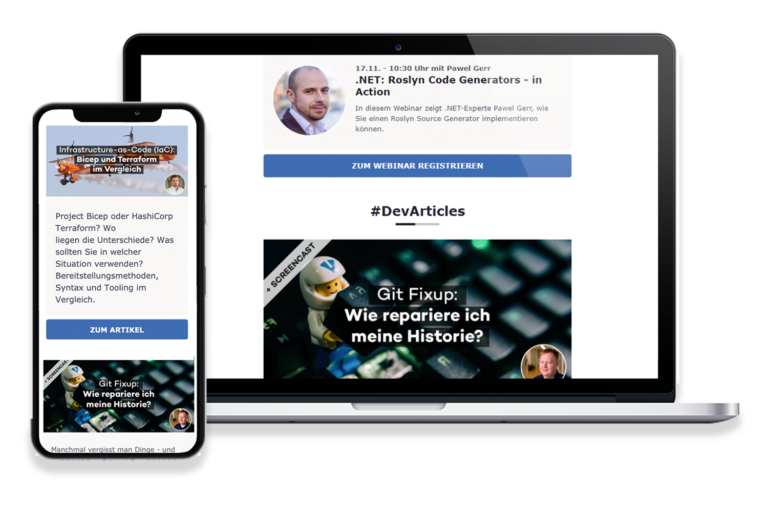I got the following error after executing
dotnet ef migrations list:
Could not load file or assembly 'Microsoft.EntityFrameworkCore, Version=1.1.0.0, Culture=neutral, PublicKeyToken=adb9793829ddae60' or one of its dependencies. The located assembly's manifest definition does not match the assembly reference. (Exception from HRESULT: 0x80131040)
The problem is that some of my (3rd party) dependencies are using version 1.1.0 and the others version 1.1.1. In a classic .NET 4.6 project we use assembly redirects to solve this kind of problems and the in .NET Core we do the same …
Just create an app.config file with the following content:
<?xml version="1.0" encoding="utf-8"?>
<configuration>
<runtime>
<assemblyBinding xmlns="urn:schemas-microsoft-com:asm.v1">
<dependentAssembly>
<assemblyIdentity name="Microsoft.EntityFrameworkCore" culture="neutral" publicKeyToken="adb9793829ddae60" />
<bindingRedirect oldVersion="0.0.0.0-1.1.1.0" newVersion="1.1.1.0" />"
</dependentAssembly>
<dependentAssembly>
<assemblyIdentity name="Microsoft.EntityFrameworkCore.Relational" culture="neutral" publicKeyToken="adb9793829ddae60" />
<bindingRedirect oldVersion="0.0.0.0-1.1.1.0" newVersion="1.1.1.0" />"
</dependentAssembly>
<dependentAssembly>
<assemblyIdentity name="Microsoft.Extensions.Logging.Abstractions" culture="neutral" publicKeyToken="adb9793829ddae60" />
<bindingRedirect oldVersion="0.0.0.0-1.1.1.0" newVersion="1.1.1.0" />"
</dependentAssembly>
</assemblyBinding>
</runtime>
</configuration>
If you still getting errors than make sure you have the following items in your csproj-file
<ItemGroup>
<PackageReference Include="Microsoft.EntityFrameworkCore.Tools" Version="1.1.0">
<PrivateAssets>All</PrivateAssets>
</PackageReference>
<DotNetCliToolReference Include="Microsoft.EntityFrameworkCore.Tools.DotNet" Version="1.0.0" />
</ItemGroup>




